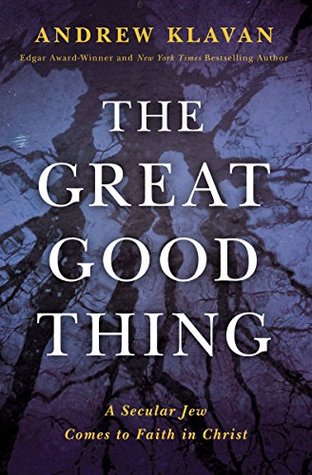More on this book
Community
Kindle Notes & Highlights
Read between
July 11 - July 27, 2017
But there was one big difference. Hamlet said these things when he was pretending to be mad. My professors said them and pretended to be sane. Shakespeare was telling us, it seemed to me, that relativism was not just crazy, it was make-believe crazy, because even the people who proclaimed it did not believe it deep down. If, after all, there is no truth, how could it be true that there is no truth? If there is no absolute morality, how can you condemn the morality of considering my culture better than another? Relativism made no sense, as Shakespeare clearly saw.
What sort of wisdom has no joy in it? What good is wisdom without joy?
By joy I mean a vital love of life in both sorrow and gladness. Why not? The hungry can’t eat your tears. The poor can’t spend them. They’re no comfort to the afflicted and they don’t bring the wicked to justice. Everything useful that can be done in the world can be done in joy.
Love, I saw now, was an exterior spiritual force that swept through our bodies in the symbolic forms of eros, then bound us materially, skin and bone, in the symbolic moment of birth.
Men kill each other over dollar bills that are only paper because the paper has come to seem more real to them than the time and value it represents. In the same way, and for the same reason, people destroy themselves and everyone around them for sex: because sex has come to seem more real to them than the love it was made to express.
If there is no God, there is no morality. If there is no morality, the search for pleasure and the avoidance of pain are all in all and we should pillage, rape, and murder as we please. None of this pale, milquetoast atheism that says “Let’s all do what’s good for society.” Why should I do what’s good for society? What is society to me? None of this elaborate game-theory nonsense where we all benefit by mutual sacrifice and restraint. That only works until no one’s looking; then I’ll get away with what I can. If there is no God, there is no good, and sadistic pornography is scripture.
But true, objective good and evil, in order to be good and evil, have to be aware and intentional. So an Ultimate Moral Good must be conscious and free; it must be God.
Reality is the same for everyone, but your experience of reality is yours alone. You cannot know that experience fully by yourself, you cannot experience that experience fully by yourself. It must be reflected back to you by its source, its creator, and only his love can reflect it back to you as it actually is. You cannot know the truth about the world until you know God loves you, because that is the truth about the world.
But such things don’t happen, I knew now, was the ultimate irrational prejudice of the human mind: the belief that the symbols of reality are more real than the reality they symbolize.
The choice between idolatry and faith—which is ultimately the choice between slavery in the flesh and freedom in the spirit—is the only real choice we have to make.


